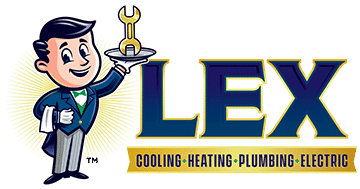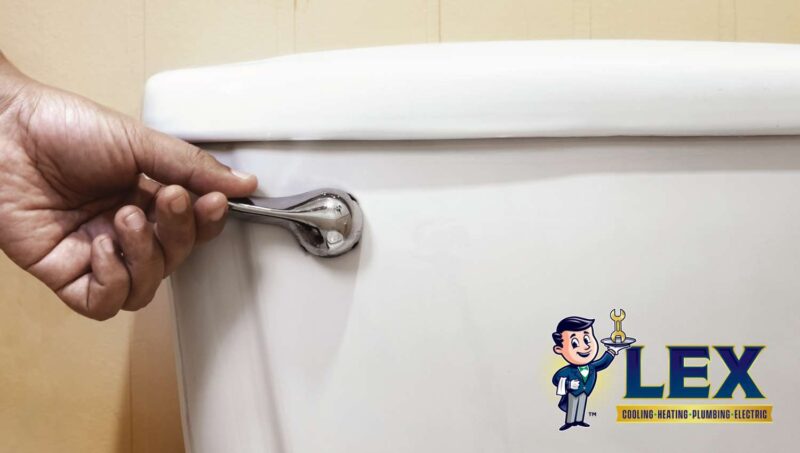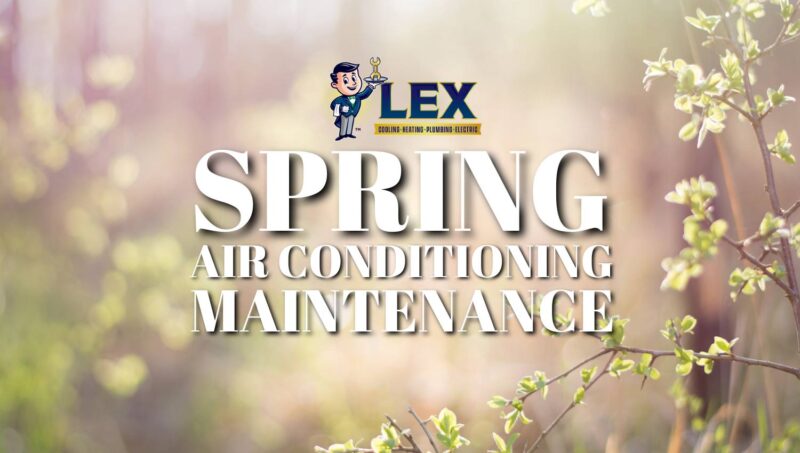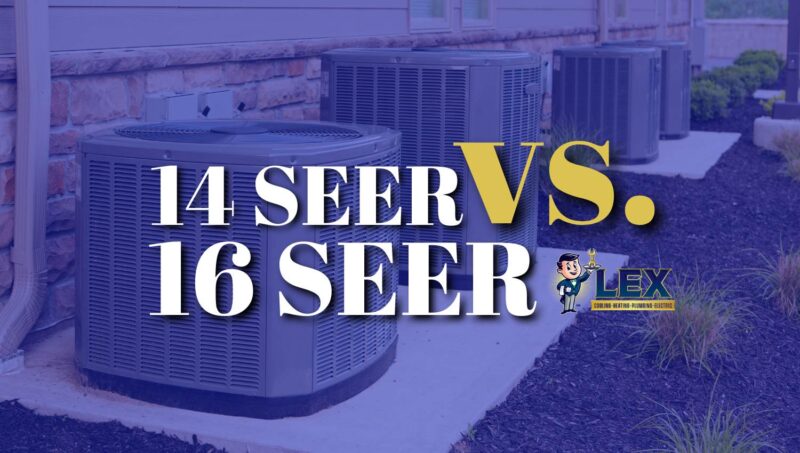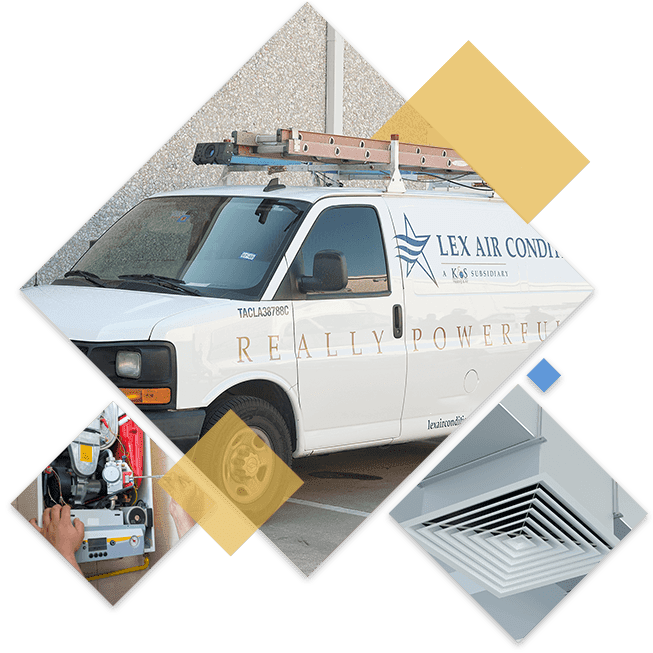Getting a good night’s sleep enables you to rejuvenate your body and mind so that you’ll be ready to face the challenges that await the following day. The HVAC system in your Plano, Texas home can have an impact on your sleep quality, from producing uncomfortable temperatures to emitting loud noises. Read on to learn how a problematic HVAC unit can prevent you from having a sound slumber.
Inconsistent Temperatures
In most cases, people tend to sleep better in lower temperatures, but it’s essential that you try to find your own ideal temperature setting for sleep. However, even if you’re able to set the right temperature on your thermostat, you may not be able to sleep well if your HVAC system fails to maintain a consistent temperature throughout the night. Inconsistent temperatures can make it hard for you to fall asleep or cause you to wake up in the middle of the night feeling too cold or hot.
If your HVAC system is producing inconsistent temperatures, it can be due to a variety of factors, such as leaky ductwork, a faulty thermostat, a wrongly sized system, and inadequate maintenance. The best way to solve this problem is to call in an HVAC technician to inspect your equipment. You may also want to consider installing a smart thermostat or zoning system, which can help combat inconsistent temperatures.
Improper Humidity Levels
Overly high or low humidity levels can make you feel uncomfortable and affect your ability to get a good night’s sleep. If your home is too humid, you’ll likely find yourself tossing and turning all night because of the stuffy and sticky conditions. On the other hand, if the humidity in your home is too low, you may feel dry and itchy. Depending on the weather and conditions specific to your home, you may have to humidify or dehumidify your living space to improve your sleep quality.
While your HVAC system plays an important role in maintaining proper humidity levels in your home, it won’t be able to do a good job if it’s poorly maintained. An old or incorrectly sized system can also contribute to humidity issues. If you have a single-speed HVAC unit, it’s recommended that you replace it with a multi-speed model, which is more effective in controlling humidity. Alternatively, you can invest in a humidifier or dehumidifier.
Poor Indoor Air Quality
Poor indoor air quality is another HVAC-related issue that can undermine your sleep quality. As your HVAC unit recirculates the air in your home, you may be breathing in pollutants that have gathered in your ducts or other parts of your home. Dirt, dust, pollen, pet dander, and other contaminants can make you more vulnerable to symptoms such as sneezing, coughing, runny nose, sore throat, eye irritation, and headache. You’ll likely have a more difficult time sleeping if you’re suffering from these symptoms.
There are a few tasks you can do to improve the air quality in your home, including replacing your air filter and cleaning your ducts regularly. Changing the filter is an easy task you can do yourself, while cleaning the ducts is something that’s best left to the professionals. You can also make your indoor air cleaner and healthier by installing indoor air quality devices.
Loud Noises
If your HVAC system is old or not maintained well, it may make loud, annoying noises that can disturb your sleep. A bang or boom in the middle of the night can wake you up and prevent you from getting proper rest. Depending on the type of sound, it may be an indication that something’s wrong with your equipment. For instance, a squealing sound may mean that the blower motor has a bad belt or bearing problems, while a rattling sound may suggest that a certain component is coming loose. If the noise won’t go away, you should call an HVAC technician.
If you’re looking for high-quality HVAC repair or heating/AC maintenance services, don’t hesitate to speak with the friendly and helpful staff at Lex Air Conditioning and Heating. Call us today at (972) 217-8955.
